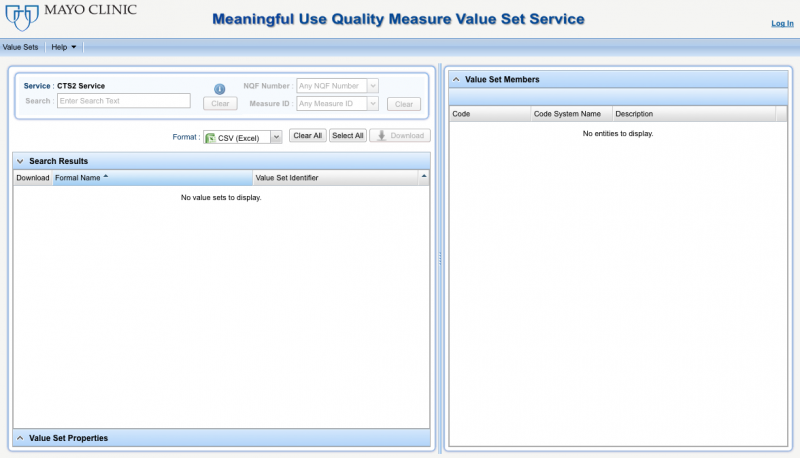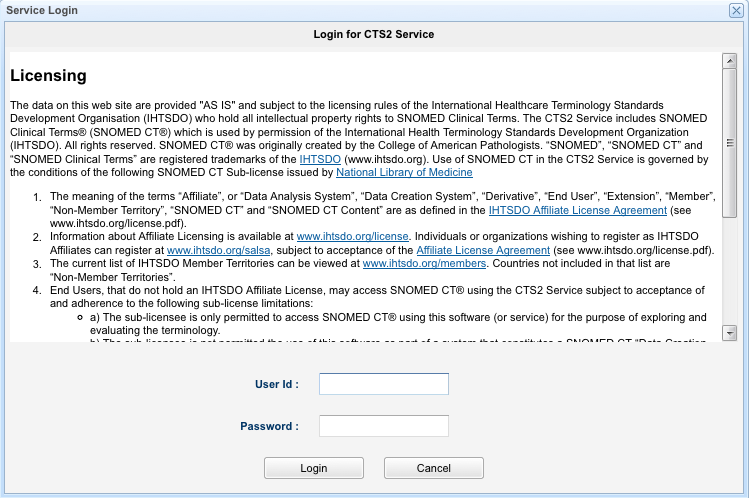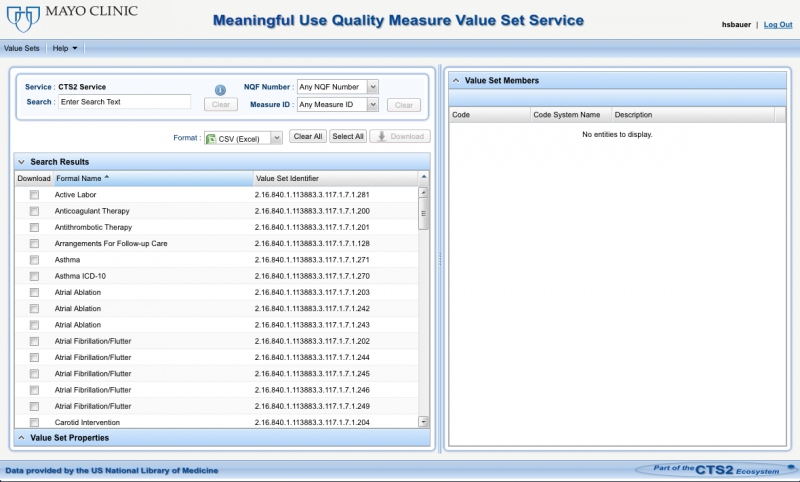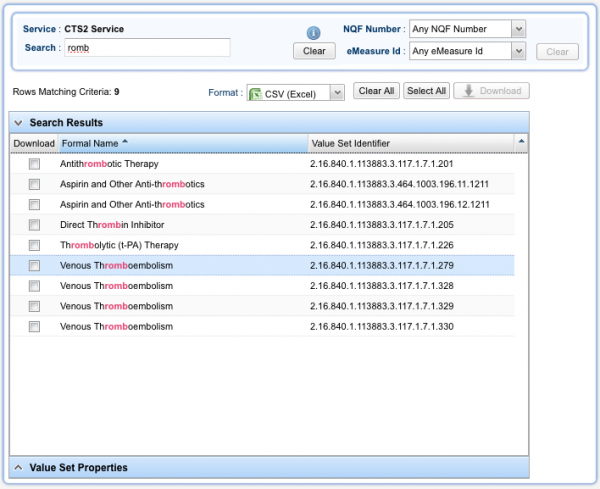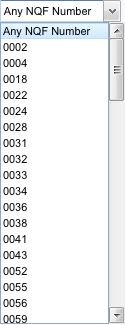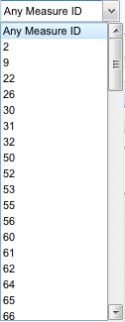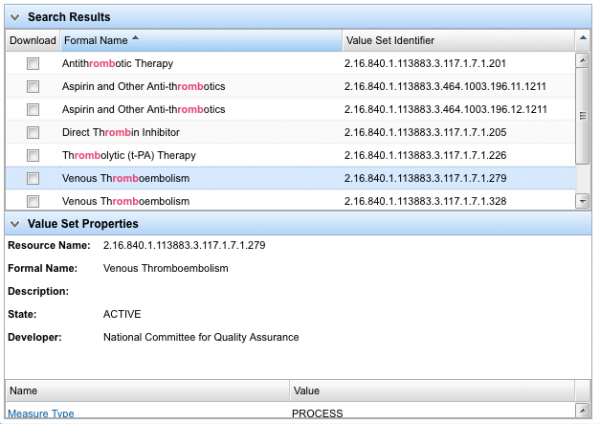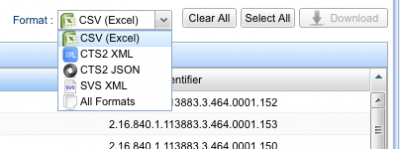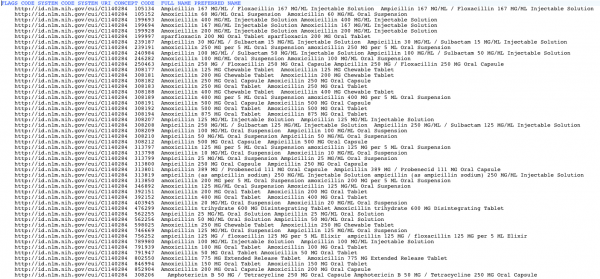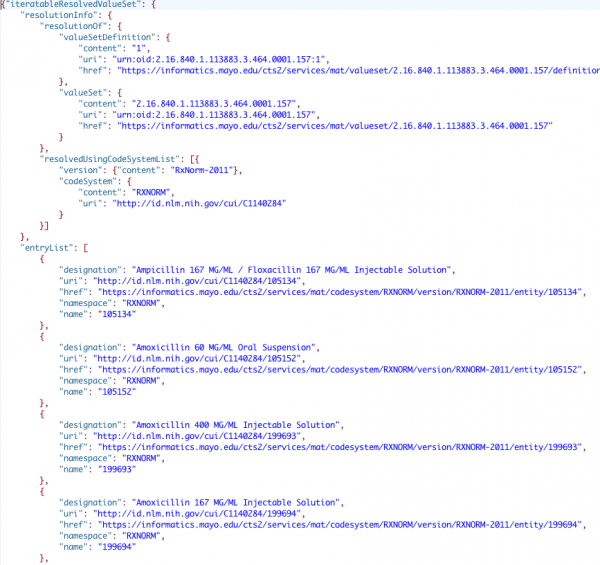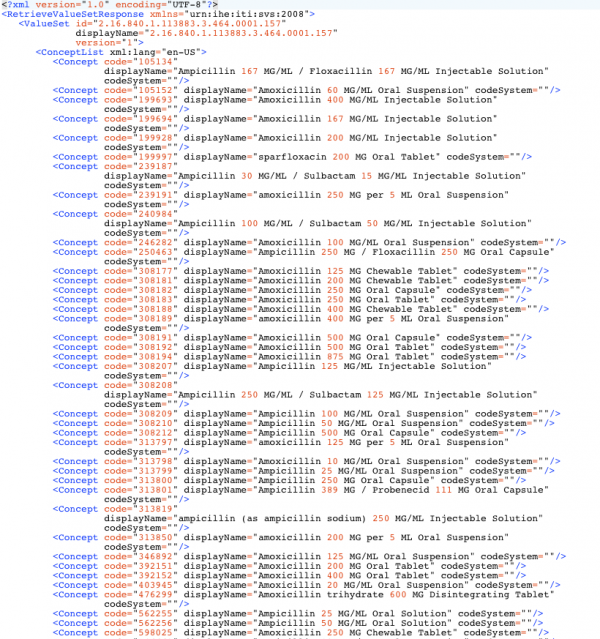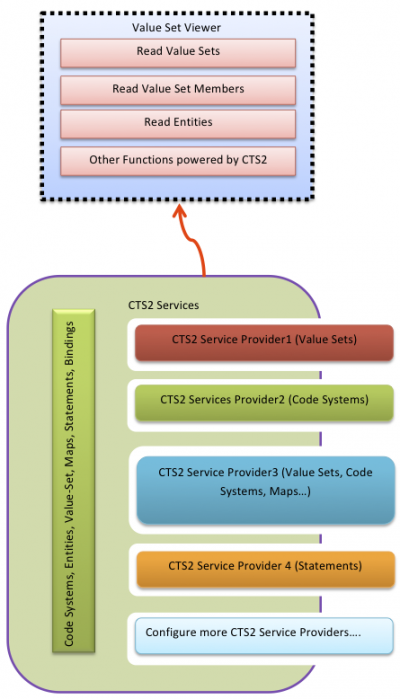CTS2/doc/Value Set Viewer
Contents
Overview
The Value Set Viewer is a desktop application style web application that allows users to browse value sets and their members. This web application connects to value set service providers including those curated as meaningful use standards by the National Quality Forum. The Viewer's functionality is designed to allow users to access value sets without explicit knowledge of the standards that created them and to make unambiguous choices of a given value set. User selected value sets can be downloaded in a variety of formats. The latest version of the Viewer currently hosted here.
Licensing and Login
Some content, such as that sourced from the National Library of Medicine, is restricted. Authentication is required. A dialog window will pop up before allowing access to a service. Licensing and authentication credentials are available at the NLM UTS License Center
A successful login will return the user to the main page where the service name and user login name will be displayed.
Value Set Start Page
Upon login, a complete list of value sets are displayed on the left.
Searching Value Sets
Value set text search
Users can narrow down the selection of value sets by typing in the text box below the service name. This will automatically display any value set containing the search text. This example shows all value sets that contain the search text 'romb'. The portion of the text found in the search results are highlighted in red.
Value set search results are shown in the left window panel as a sortable list, whose members can be clicked on to highlight them. Placing the cursor over a value set will display value set detail. When a value set is selected, corresponding value set members are displayed on the right. Check boxes allow the user to select value sets for download.
Value set NQF number and eMeasure id number search
Value sets can be searched for as they are grouped under a particular measure. A given measure can be accessed by either it's NQF number or it's unique Measure id.
Searching by NQF number
A full set of NQF numbers is provided as a drop down list. Selecting one will provide the value sets associated with that NQF number.
Searching by measure id
A similar list is provided for the measure ids.
How to show value set properties
Value set properties are hidden by default. Clicking on the Properties bar and selecting a value set by clicking on it will display its properties.
Set Members and their Properties
Displaying value set members
When a user clicks on a value set, value set members are displayed in right pane. Clicking on the value set members bar at top right, shows details of value set definition and code system.
Displaying value set member details
Clicking on any value set member row will show value set member details in a child window.
Diplaying information about the value set
Clicking on the Value Set Members bar displays value set technical information.
Value Set Downloads
Users may download value set contents for their own use. Check boxes may be selected and cleared as necessary by the user. Downloads are available in four formats.
- Comma Separated Values (CSV) – Excel Format.
- CTS2 XML format.
- CTS2 JSON Format.
- SVS XML format.
- All of the available formats (this includes all four types)
If users select one value set and selected format is not ‘All Formats’, the download function creates just one corresponding format file for download. In all other cases a zip file is created to contain all value set files – one file for each selected value set and format combination.
Comma separated file (CSV)
The ‘comma separated' text format can be opened as a spread sheet in Microsoft Excel and is the most quickly useable reference for end users
CST2 XML
The CTS2 XML format conforms to the CTS2 XML schema. It can be marshalled into CTS2 objects for use by software developers or imported into an eXist data base for access by an application.
CTS2 JSON
The CTS2 JSON format can also be marshaled into CTS2 objects or consumed by JavaScript in a web application.
SVS XML
SVS XML is a rendering of a standard for value sets produced by eMeasures standards developers from the National Quality Forum.
Under the hood
This value set browser can connect to any [CTS2] REST enabled value set service provider. The comprehensive CTS2 specification is highly modular allowing users to implement a compact subset of the service for a given use case. Reference links follow.
Source of value set data
This CTS2 compliant value set service provides a mirror of the eMeasures Meaningful Use value sets hosted by the U.S. National Library of Medicine (NLM). Users may alternatively access this value set data by accessing the NLM Value Set Authority Center (VSAC).
What is CTS2?
CTS2 is an OMG standard for the query, interchange and update of terminological resources. The standard is based on Restful Oriented Architecture (ROA).
What is CTS2 is for?
CTS2 specifications are written to work with various terminological resources like:
- Code Systems
- Entities
- Value Sets
- Concept Domains
- Maps, etc.
- An implementor may choose to implement and serve any one or all of them.
CTS2 specifications define functions like:
- Read
- Query
- Import
- Export
- Update
- Maintenance
- History
- Temporal
- A service may provide some or all of the functions to work with terminological objects.
Since CTS2 is a standard, any application which works with a CTS2 service will work with any service provider as long as it is CTS2 compliant. This Value Set Viewer is such an application and is ready to work with any CTS2 Service Provider who has implemented CTS2 Value Set Services for at least Read and Query functions. So in other words, Service implementations need only implement what is needed (e.g. Code System Read and Query service, Entity Read Service, etc.) and, since all resources are addressed by URI’s, services can be linked in a WWW fashion. Following diagram shows how VSViewer is using configurable CTS2 Services:
Examples of code used to access the CTS REST API used by the Value Set Viewer
A collection of CTS2 value set sample code snippets with explanations is documented here.
| Home |
| About CTS2 |
|---|
| Purpose |
| CTS2 History |
| Business Case |
| How it works |
| Federation |
| Functionality |
| Implementing CTS2 |
| Architecture |
| Development |
| Resources |
| Purpose |
| FAQ |
| Business Case |
| Glossary of Terms |
| Specification |
| REST |
| SOAP |
| HL7 SFM |
| Development |
| CTS2 Development Framework |
| Implementations |
| Github Page |
| Community |
| Who is Using CTS2? |
| Get Help |
| Links |
